39 social labels and stereotypes
nobaproject.com › modules › prejudice-discriminationPrejudice, Discrimination, and Stereotyping | Noba People are often biased against others outside of their own social group, showing prejudice (emotional bias), stereotypes (cognitive bias), and discrimination (behavioral bias). Biases can explicit (overt and conscious) or more implicit (automatic, ambiguous, and ambivalent). In the 21st century, however, with social group categories even more complex, biases may be transforming. › us › basicsBias | Psychology Today Bias: #N# What Is Bias?#N# #N# A bias is a ...
19 High School Stereotypes (List of Examples) (2022) - Helpful Professor High School Stereotypes. 1. The jocks. This is the stereotypical high school student who is always into sports and hangs out with other athletes. They usually have a macho attitude and can be bullies. An example of a jock in popular culture is the character Andrew Clark from the movie The Breakfast Club. 2. The nerds.

Social labels and stereotypes
Society's Labels - The Odyssey Online People who like sports are jocks, and people who are smart are nerds. Both labels have stereotypes that come along with them. Think back to high school and all the cliques that exist there. Those cliques were really just made up of people who were labeled a certain way and then grouped together. 7. Sexual orientation Labels and stereotypes: Breaking the trend — The Clocktower Stereotypes can be useful in creating connections and bridges between people with similar characteristics. In the end, perspective has the power to change the meaning of a label. Some labels will always be hurtful, but changing the idea behind the word can give even the most negative of stereotypes a positive spin. Join LiveJournal Password requirements: 6 to 30 characters long; ASCII characters only (characters found on a standard US keyboard); must contain at least 4 different symbols;
Social labels and stereotypes. Teachers College Record: SAGE Journals Sep 28, 2022 · Also from SAGE Publishing. CQ Library American political resources opens in new tab; Data Planet A universe of data opens in new tab; Lean Library Increase the visibility of your library opens in new tab; SAGE Business Cases Real-world cases at your fingertips opens in new tab; SAGE Campus Online skills and methods courses opens in new tab; SAGE Knowledge … Identity and Labels | Facing History and Ourselves Label: A name, word, or phrase used to classify or categorize a person or thing (labels are often, but not always, inaccurate) Assumption: Something that is accepted as true before one gathers any proof that it is so. Stereotype: An often incorrect assumption made about all of the members of a particular group. Lesbian - Wikipedia A lesbian is a homosexual woman. The word is also used for women in relation to their sexual identity or sexual behavior, regardless of sexual orientation, or as an adjective to characterize or associate nouns with female homosexuality or same-sex attraction.. The concept of "lesbian" to differentiate women with a shared sexual orientation evolved in the 20th century. Throughout … Expert answer:West Coast University Social Labels and Stereotype Solved by verified expert:1. discussion, commentIs there any truth underlying social labels and stereotypes? Why or why not? Based on what you have learned +1 (208) 254-6996 essayswallet@gmail.com. Home; Order now; login; register; Blog; Our services; Select Page.
Labels and stereotypes: Where would we be without them? - Substack Labels are essentially stereotypes. Labels diminish the salience of differences among items assigned the same labels. Call Jefferson Davis a traitor and you put him in the same box as Benedict Arnold, who certainly would have been executed had he fallen into George Washington's hands; ergo Davis should have been executed. Negative Racial Stereotypes and Their Effect on Attitudes … Stereotypes: Negative Racial Stereotypes and Their Effect on Attitudes Toward African-Americans. by Laura Green ... There is an obvious trend in this society to discriminate against and deny access to social institutions to African-Americans (Jewell, 1993). A 1997 study conducted by Peffley et al indicated that whites who hold negative ... West Coast University Social Labels and Stereotypes Discussion Stereotypes are frequently used to legitimize bad form and segregation, approve abuse, empower misuse, support savagery, and shield degenerate power structures. According to Psychology Today, there are many truth that is underlying social labels and stereotypes. Labels & Stereotypes: What is a 'Label'? How They Are Differentiated The stereotype affects the way other people perceive the group, and the 'label' is surreptitiously attached to the members of the target group. A member of a targeted group is thus 'labeled' by society, and the nuances of the label, whether positive or negative, support the creation of the sociopolitical stereotypes.
12.1 Social Categorization and Stereotyping The stereotypes are "pictures in our heads" of the social groups (Lippman, 1922). These beliefs just seem right and natural, even though they are frequently distorted overgeneralizations (Hirschfeld, 1996; Yzerbyt, Schadron, Leyens, & Rocher, 1994). Figure 12.5 Stereotypes are the beliefs associated with social categories. Perceptions of Social Inequality and Criminal Stereotypes May Influence ... These perceptions, which form the content of social stereotypes, reflect two fundamental dimensions: perceived warmth (i.e., kind, trustworthy, understanding) and perceived competence (i.e., intelligent, efficient, skillful)" (p. 47). Translating Research into Practice West Coast University Social Labels and Stereotypes Discussion Stereotypes are frequently used to legitimize bad form and segregation, approve abuse, empower misuse, support savagery, and shield degenerate power structures. According to Psychology Today, there are many truth that is underlying social labels and stereotypes. 5 Dangers of Labels and Stereotypes | Psychology Today "Labels are for filing. Labels are for clothing. Labels are not for people." -Martina Navratilova Labels can be very annoying and harmful. One problem many of us have with stereotypes is that they...
How Social-Class Stereotypes Maintain Inequality - PMC Social-Class Stereotype Content. People consistently attribute well-being, health, and intelligence to people with high socioeconomic status (SES), regardless of their own SES [].Rich people, as a salient societal group, are cross-nationally (37 samples in 27 nations) stereotyped as more competent (but colder) than poor people, especially under conditions of greater income inequality [].
Stereotype - Wikipedia If stereotypes are defined by social values, then stereotypes only change as per changes in social values. ... (1997), for instance, noted that the words used in Devine's study were both neutral category labels (e.g., "Blacks") and stereotypic attributes (e.g., "lazy"). They argued that if only the neutral category labels were presented, people ...
en.wikipedia.org › wiki › StereotypeStereotype - Wikipedia If stereotypes are defined by social values, then stereotypes only change as per changes in social values. The suggestion that stereotype content depends on social values reflects Walter Lippman 's argument in his 1922 publication that stereotypes are rigid because they cannot be changed at will.
Labels and Stereotypes in Our Society - GradesFixer Labels are a classifying phrase or name applied to a person or thing, especially one that is inaccurate or restrictive. A stereotype is a widely held but fixed and oversimplified image or idea of a particular type of person or thing. I believe these assumptions prevent us from understanding others beyond their self-appearance.
Stereotypes and lables - LinkedIn Labelling is closely interlinked with stereotyping - it occurs when an individual or group are exposed to subjective views which lead to them being associated with or categorised according to the...
Social labels and Stereotypes • Student Assignment Aid Discussion Prompt 1 Is there any truth underlying social labels and stereotypes? Why or why not? Based on what you have learned about the formation of cognitive schemas and self-fulfilling prophecies, give your opinion as to why stereotypes and prejudices form. Do you feel that there is any way to change stereotypes and prejudices? How… Continue reading Social labels and Stereotypes
Week 6 Social: Stereotypes Flashcards | Quizlet Study with Quizlet and memorize flashcards containing terms like Prejudice and discrimination based on a person's racial background, or institutional and cultural practices that promote the domination of one racial group over another, are most accurately termed a. racism. b. implicit racism. c. modern racism. d. ambivalent racism., Prejudice and discrimination based on a …
en.wikipedia.org › wiki › Label_(sociology)Label (sociology) - Wikipedia When labels are tied to the individual, labeling theory claims that labels develop codes of morality that spur negative stereotypes and stigma. This theory presents labels and their social context as holding power and influence over lives, behavior, and relationships. See Also. Collective identity; Criminalization; Deviance (sociology)
journals.sagepub.com › home › tczTeachers College Record: SAGE Journals Sep 28, 2022 · Also from SAGE Publishing. CQ Library American political resources opens in new tab; Data Planet A universe of data opens in new tab; Lean Library Increase the visibility of your library opens in new tab
Pro Posts – Billboard In its newest Deep Dive, Billboard looks at how distribution for indie labels and acts has become the music industry’s new frontier. The Daily A daily briefing on what matters in the music industry
March of Dimes Beyond Labels Although the drivers are “inherently negative”—for example, stereotypes and prejudice—facilitators may be either positive or negative influences, such as cultural or social norms and health policy. These drivers and facilitators determine whether …
Stereotypes And Labels Attempt to Explain Us - The Odyssey Online But why do we have so many labels to represent people? The existence of labels leads to stereotypes, then stereotypes lead to generalizations and then we start to assume we know someone because we call them by the labels they are given. Labels don't tell you about a person's story, about their pain, their joy and their struggles.
› pmc › articlesMental Health Stigma: Society, Individuals, and the Profession Social cues can be evidenced by psychiatric symptoms, awkward physical appearance or social-skills, and through labels (Corrigan, 2004; Link, Cullen, Frank, & Wozniak, 1987; Corrigan, 2007). This particular issue highlights the dimension of aesthetics or the displeasing nature of mental disorders (Jones, et al, 1984). When society attributes ...
Prejudice, Discrimination, and Stereotyping | Noba People are often biased against others outside of their own social group, showing prejudice (emotional bias), stereotypes (cognitive bias), and discrimination (behavioral bias). Biases can explicit (overt and conscious) or more implicit (automatic, ambiguous, and ambivalent). In the 21st century, however, with social group categories even more complex, biases may be transforming.
Labeling theory - Wikipedia Labeling theory posits that self-identity and the behavior of individuals may be determined or influenced by the terms used to describe or classify them. It is associated with the concepts of self-fulfilling prophecy and stereotyping.Labeling theory holds that deviance is not inherent in an act, but instead focuses on the tendency of majorities to negatively label minorities or those …
Difference Between Stereotyping and Labeling • Stereotyping is a simplified outlook to a group of people such as Asians are brainy; girls are weak, etc. • Labeling is merely a categorization of people such as black, white, gay, straight, nerd, criminal, gangster, etc. • Connection: • Usually labeling is followed by stereotypic beliefs that allow us to place an individual under a category.
11.1 Social Categorization and Stereotyping - Principles of Social ... Stereotypes are the beliefs associated with social categories. The figure shows links between the social category of college professors and its stereotypes as a type of neural network or schema. The representation also includes one image (or exemplar) of a particular college professor whom the student knows. Image courtesy of Dan Gilbert.
lovehasnolabels.comHomepage - Love Has No Labels Love Has No Labels is a movement to promote acceptance and inclusion of all people across race, religion, gender, sexual orientation, age and ability. We believe love is the most powerful force to overcome bias. We celebrate diversity and encourage people to come together because we know, together, we can create a more inclusive world.
The Harmful Effects of Labeling People (Ourselves and Others), Plus ... Social Labels Labels go beyond our personality traits. Society labels people based on categorizations like race, gender, class, and sexual orientation. These social labels can also shape our...
Join LiveJournal Password requirements: 6 to 30 characters long; ASCII characters only (characters found on a standard US keyboard); must contain at least 4 different symbols;
Labels and stereotypes: Breaking the trend — The Clocktower Stereotypes can be useful in creating connections and bridges between people with similar characteristics. In the end, perspective has the power to change the meaning of a label. Some labels will always be hurtful, but changing the idea behind the word can give even the most negative of stereotypes a positive spin.
Society's Labels - The Odyssey Online People who like sports are jocks, and people who are smart are nerds. Both labels have stereotypes that come along with them. Think back to high school and all the cliques that exist there. Those cliques were really just made up of people who were labeled a certain way and then grouped together. 7. Sexual orientation










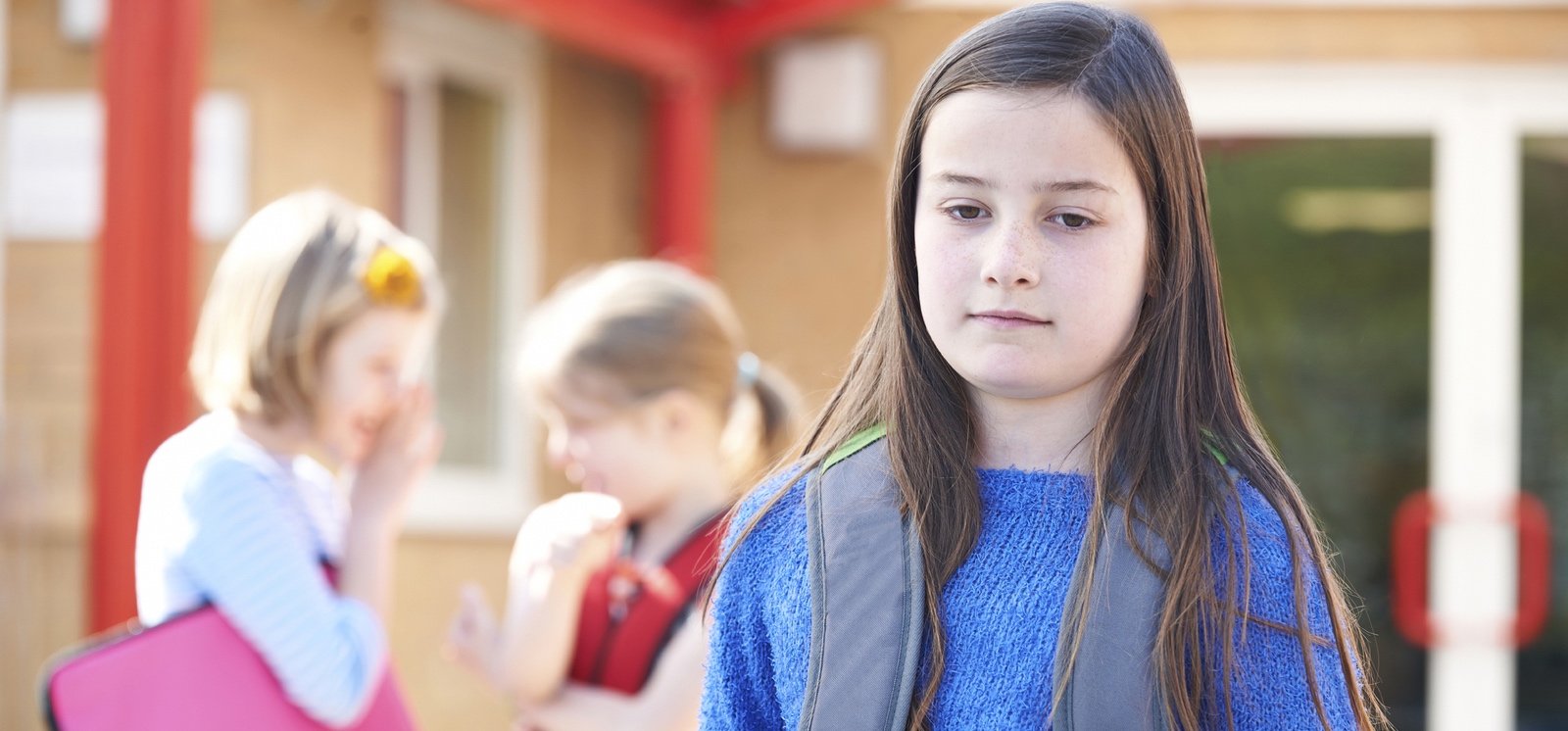

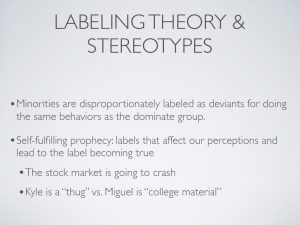
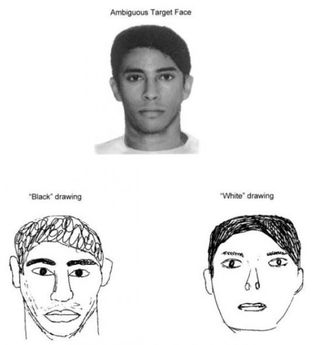
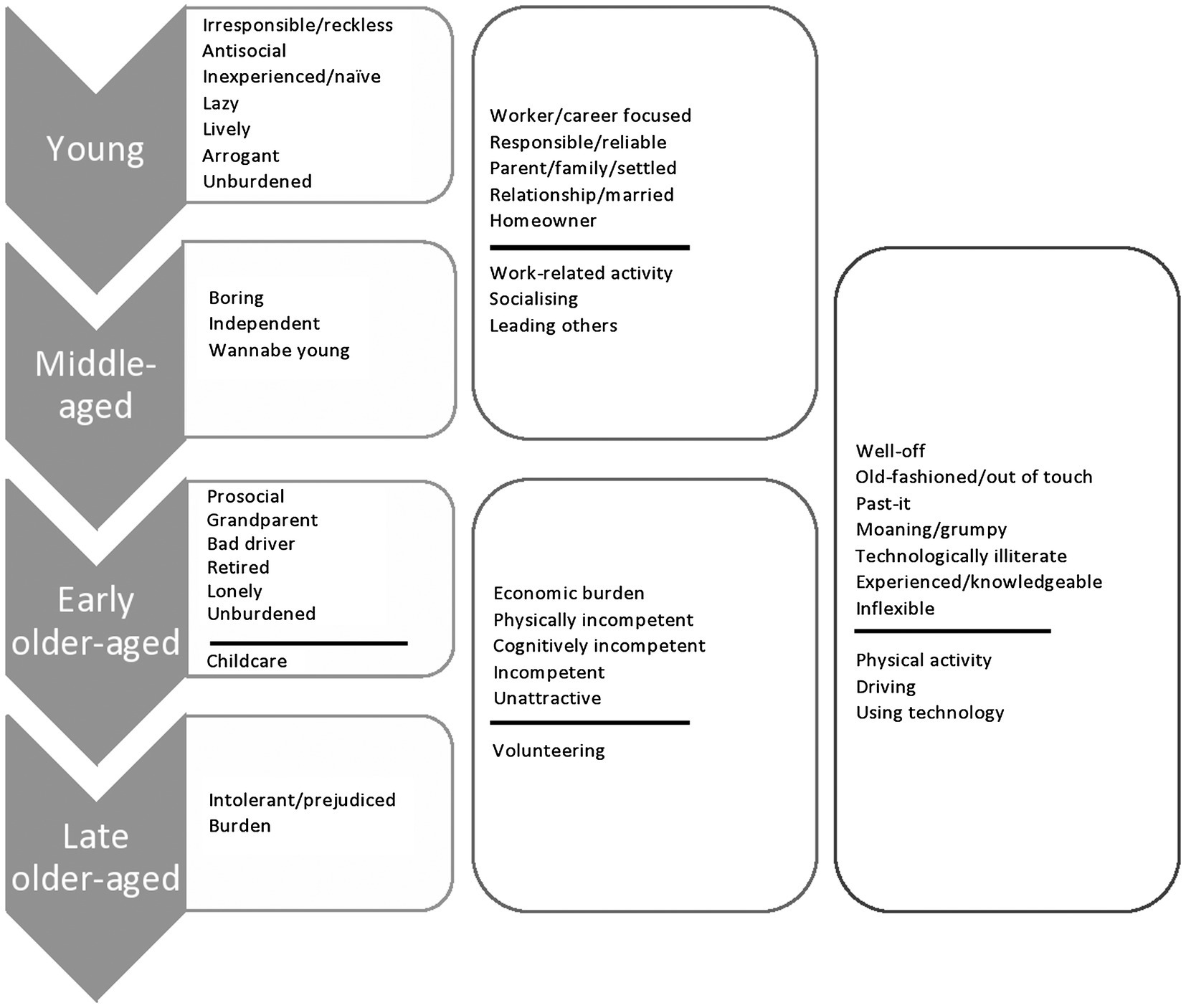
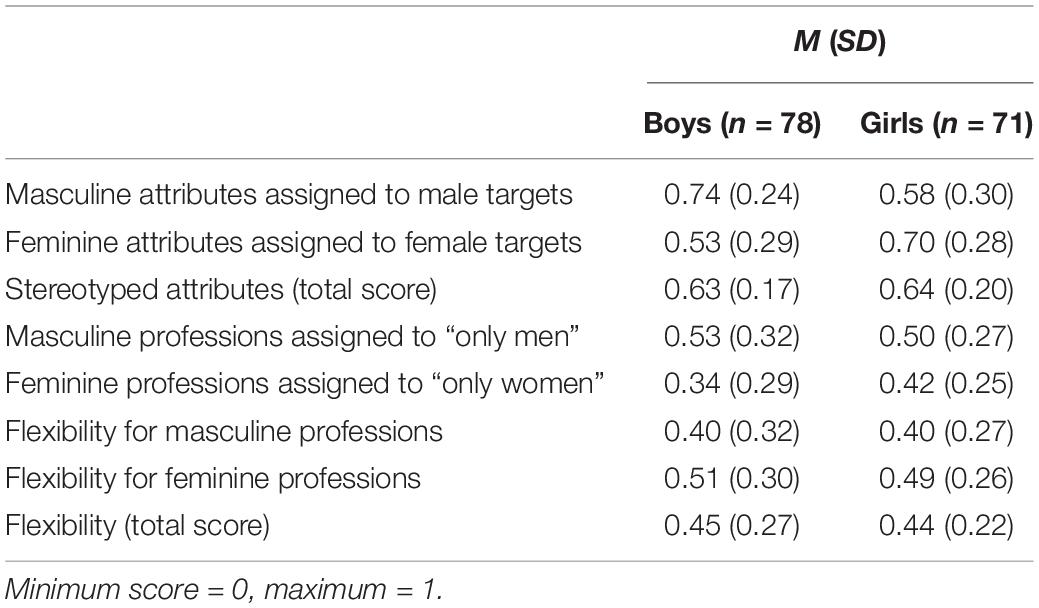







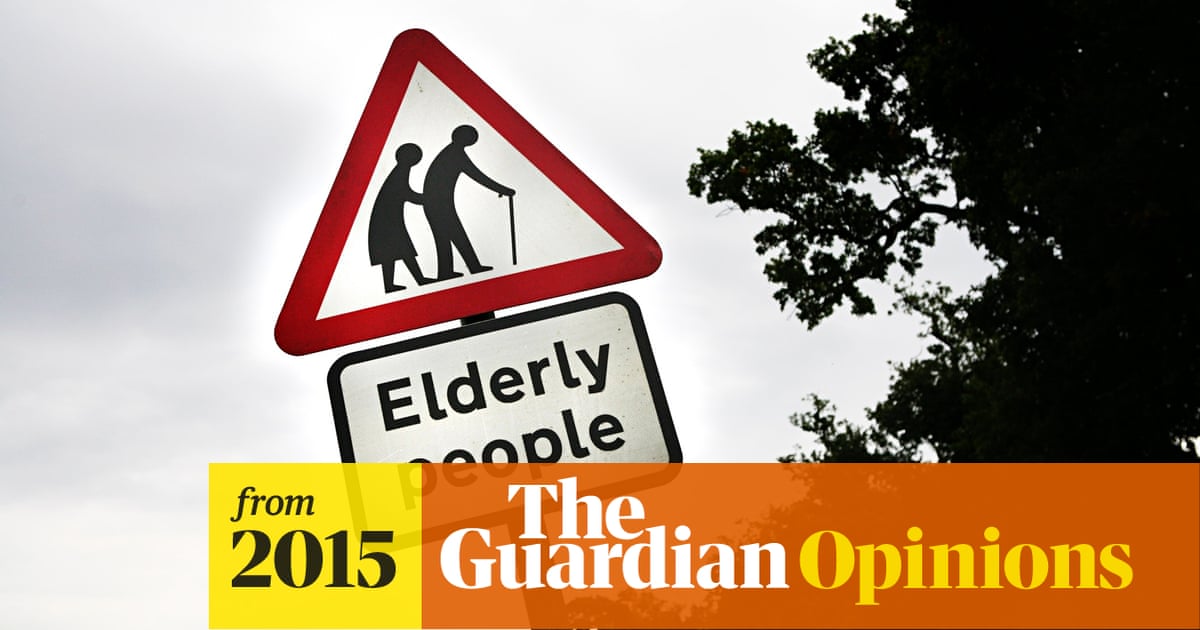



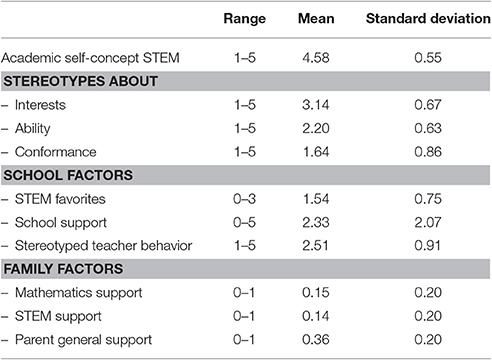



Post a Comment for "39 social labels and stereotypes"